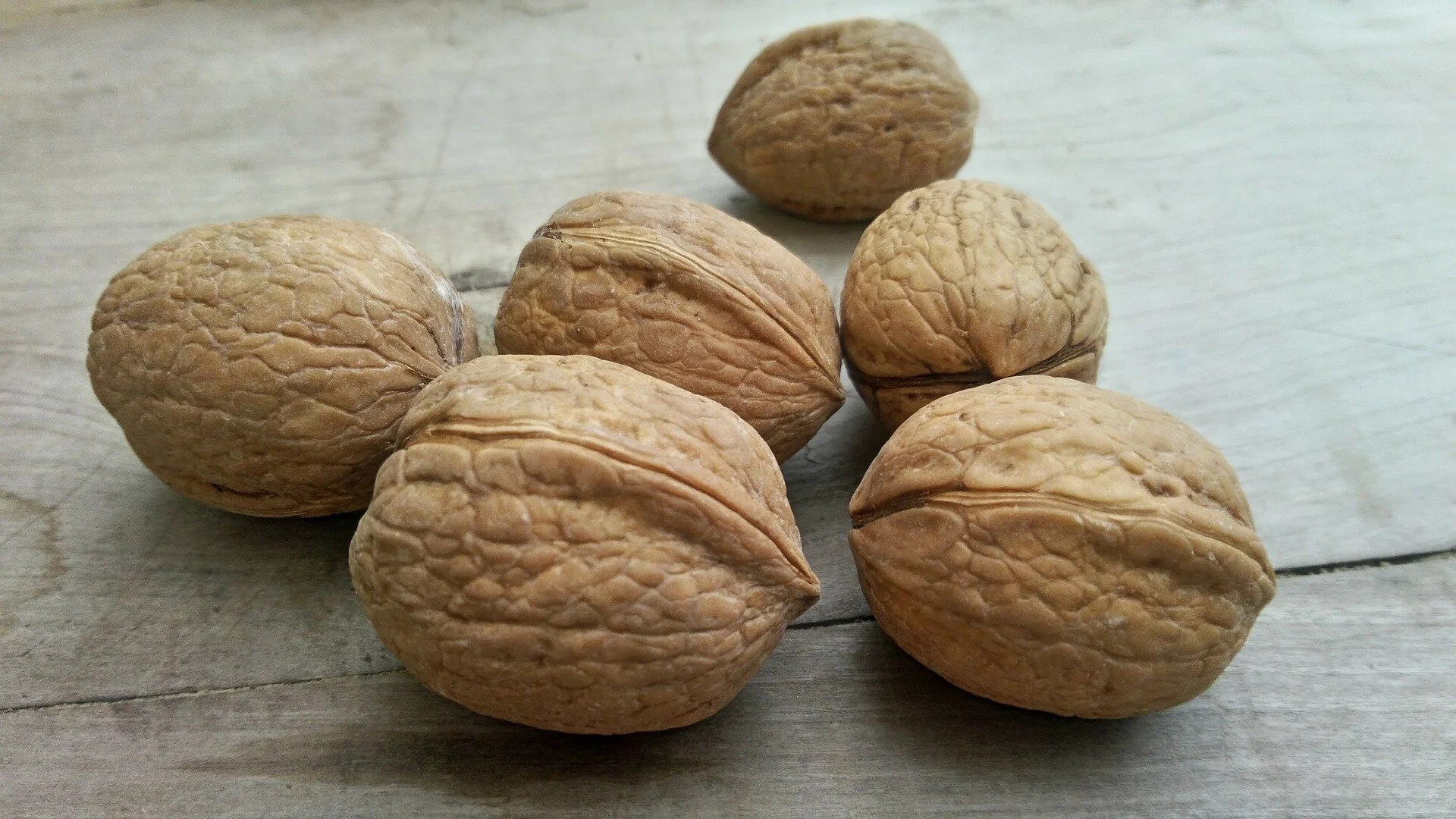A March 2020 study by University of Illinois of eating an avocado each day found
"Previous work has shown that individuals with overweight and obesity are at higher risk for cognitive decline and dementia in older age … We are interested in whether dietary approaches may have benefits for cognitive health, especially in midlife."
"It could be that nutrients in avocados have a specific action in the brain that supports the ability to do this task in particular, or they could be more beneficial for certain cognitive abilities over others."
"It's also possible that with a longer study or different tests, we could see other effects. Other studies have found broader effects in other populations, so it is interesting to see a more specific benefit for this population."
"Avocados also are high in fiber and monounsaturated fats. It is possible that these other nutrients may have played a role in the cognitive effects we saw, but we focused on the lutein in our analyses."
"Future analyses may focus on other nutrients found in avocados, or avocado consumption's impact on other measures such as weight status, inflammation and potential changes in the microbiome."
"Our mission is to give people options. There are multiple ways people can eat to optimize brain health."
"What we're learning is that avocados may be one of those fruits that may be neuroprotective in certain ways. This work provides some evidence behind one option people have from a plethora of healthful foods that we can consume."




















